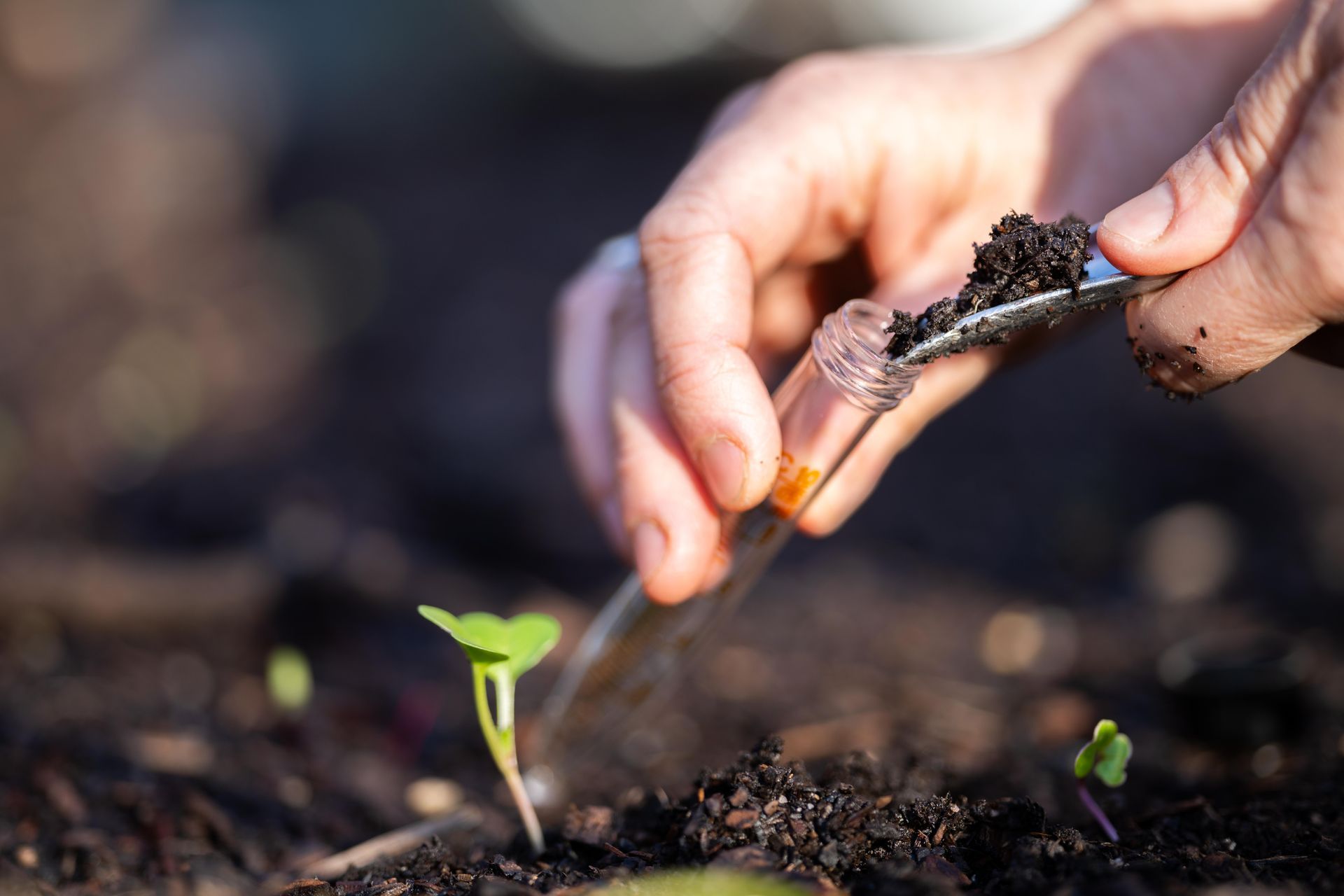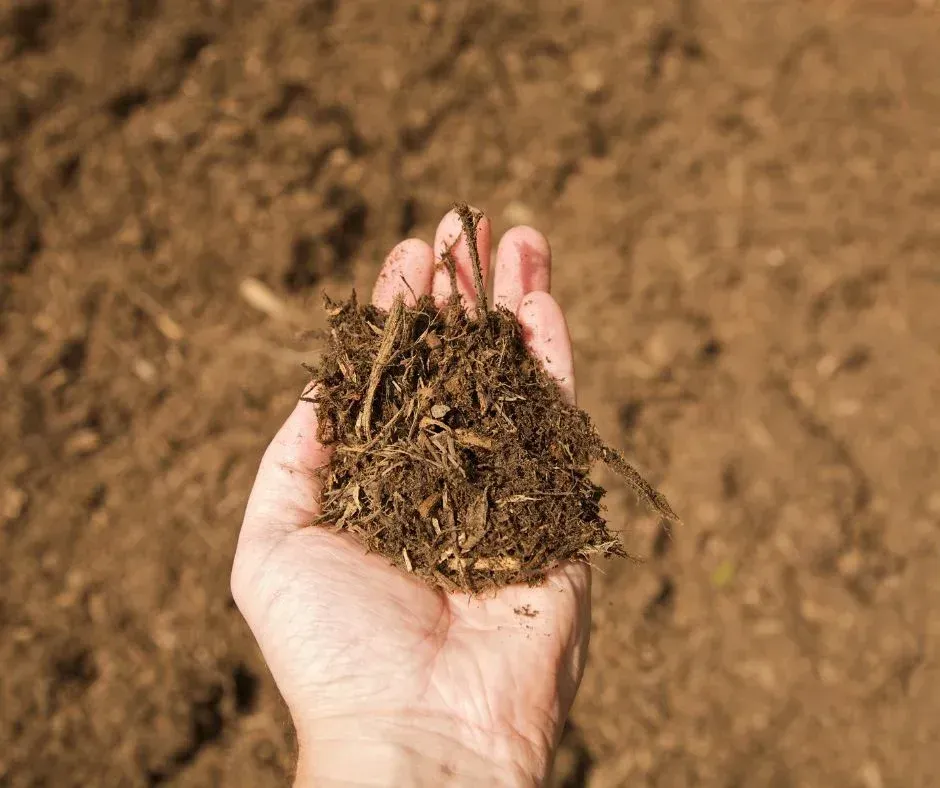Soil pH and Its Effects on Plant Growth

Soil pH, the measure of acidity or alkalinity of soil, plays a crucial role in determining plant health and productivity. It influences nutrient availability, microbial activity, and overall soil chemistry. Understanding the relationship between soil pH and plant growth is fundamental for successful agriculture and gardening practices.
Effects of Soil pH on Plant Growth:
Nutrient Availability:
- Soil pH directly affects the availability of essential nutrients to plants. Nutrients such as nitrogen, phosphorus, potassium, calcium, and magnesium have varying levels of solubility across different pH ranges.
- Acidic soils (pH below 7) tend to have higher availability of aluminum, iron, and manganese but may suffer from deficiencies in calcium, magnesium, and phosphorus.
- Alkaline soils (pH above 7) often experience reduced availability of micronutrients like iron, manganese, and zinc, while calcium and magnesium become more accessible to plants.
Toxicity Levels:
- Extreme pH levels can lead to nutrient toxicity. For instance, acidic soils can result in aluminum toxicity, hindering root growth and nutrient uptake in sensitive plants.
- Conversely, alkaline soils may lead to micronutrient deficiencies, stunting growth and causing nutrient-related disorders in plants.
Microbial Activity:
- Soil pH influences the activity and diversity of soil microorganisms, including beneficial bacteria and fungi. These microorganisms play vital roles in nutrient cycling, organic matter decomposition, and disease suppression.
- Acidic soils generally support a higher population of acid-loving bacteria and fungi, while alkaline soils favor organisms adapted to higher pH ranges.
Root Development:
- Soil pH affects root development and morphology. In acidic soils, aluminum toxicity and nutrient imbalances can inhibit root growth and lead to shallow root systems.
- Alkaline soils may limit root expansion due to nutrient deficiencies and poor soil structure, impacting plant stability and water uptake.
Management Strategies:
Soil Amendment:
- Adjusting soil pH through amendments is a common practice in agriculture and gardening. Adding materials like lime to acidic soils raises pH, while sulfur or acidic fertilizers can lower pH in alkaline soils.
- Regular soil testing is essential to monitor pH levels and determine appropriate amendment strategies based on plant requirements.
Plant Selection:
- Different plant species have varying pH preferences. Selecting plant varieties adapted to the natural pH of the soil can enhance growth and reduce the need for pH modification.
- Some plants are more tolerant of pH extremes, while others require specific pH ranges for optimal growth.
Soil pH significantly influences plant growth by affecting nutrient availability, microbial activity, and root development. Understanding the complex interactions between soil pH and plant physiology is essential for sustainable agriculture and landscaping practices. By implementing appropriate management strategies, growers can optimize soil pH to create favorable conditions for healthy plant growth and maximize yields.











